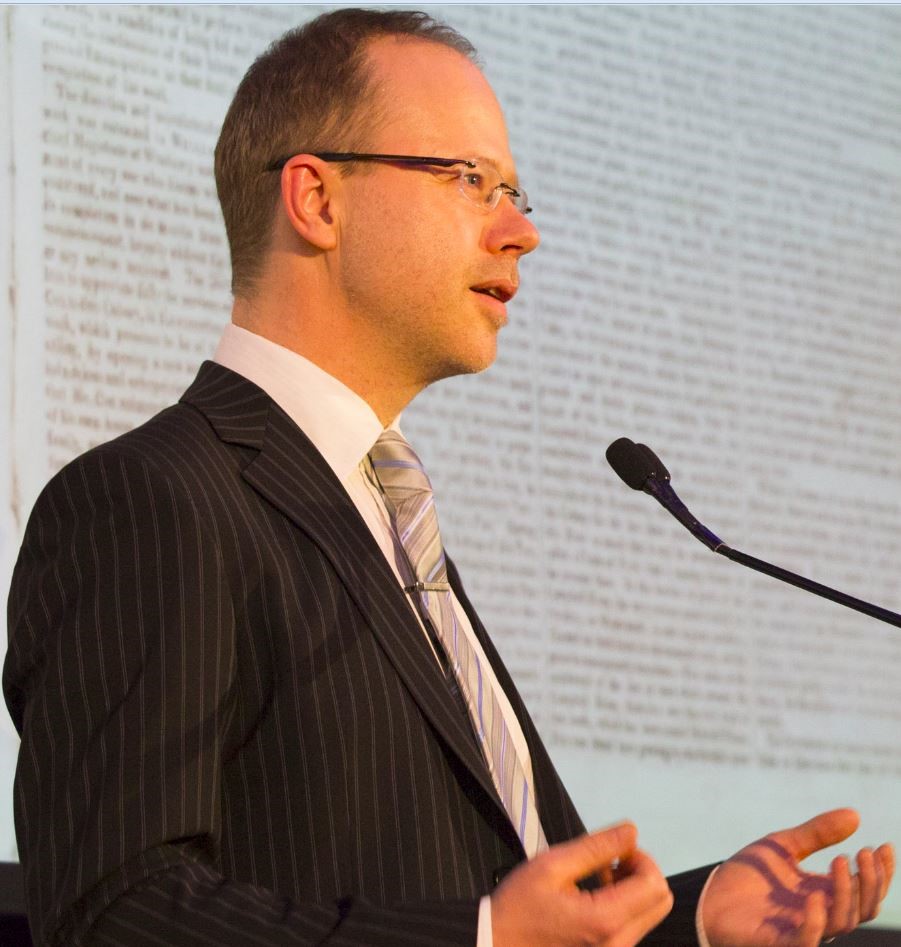Interactive digital technologies are transforming the processes of research and production across all major academic disciplines. The changes are most significant in traditional disciplines. In that of history, online public access to digitised historical resources has meant that the materials of history are now available to anyone who has access to the internet. Previously, the study of archives was only open to the dedicated specialist with access to the world’s major library collections. Digital technologies have not only enhanced access to resources, but they are also enabling the development and growth of new kinds of content delivery and new modes of historical narration. Although the book is not likely to be superseded any time soon, the book now competes with experimental digital works that are relating history in new and highly interactive ways. Despite the fact that these new narrations of history are at a very early stage in their development—and certainly do not yet represent a genre or set of genres—I would argue that there is a need to examine them to see what opportunities they might offer historians and better to understand how they are beginning to influence the appreciation, accessibility and aesthetics of history in the early twenty-first century.
Over recent decades there have been heated debates about the notion of what constitutes a historical text, of who can and should “tell” history, and in what ways history is to be told. However, in the context of the digital technology revolution that we are currently caught up in, the influence of new technologies has not yet entered or informed those debates sufficiently. I would argue that history is taking some of its most innovative contemporary forms from disciplines traditionally outside the discipline of history itself. Or to think it another way, is a field that has grown far beyond its original disciplinary boundaries. And yet, given the bewildering array of modes of digital delivery on offer today, perhaps it is not surprising that for the most part history is something that continues to be studied in conventional book form, with authors following centuries-old standards for historical scholarship and book publishing. This paper is written to address the need to expand the boundaries of the discussion of history to include new digital forms that have so rapidly extended narrative history’s reach and potential.
What I refer to as “interactive” histories are texts being presented in a variety of digital formats designed to offer participatory, immersive and engaging experiences of historical material. The interactive digital texts discussed in this paper may not even be considered as history because they exist in a hybrid space of new creativity. However, there is no doubt that they have the potential to offer history new possibilities, not only by exponential expansion of audiences, but also by providing new and sophisticated tools for capturing and recording historical data and involving audiences in ways that acknowledge contemporary high-tech digital environments.
[extract]
Arthur, Paul Longley. “Experimental Histories and Digital Interactivity: Evaluating Three User-Navigable Texts,” EnterText 6, no. 3 (2006–7): 176–203.






